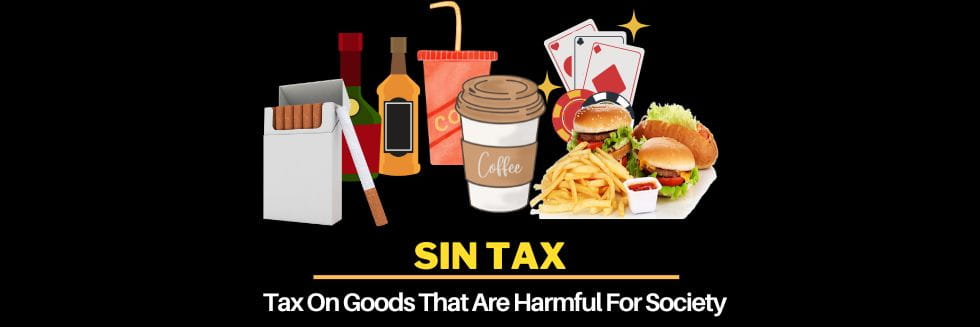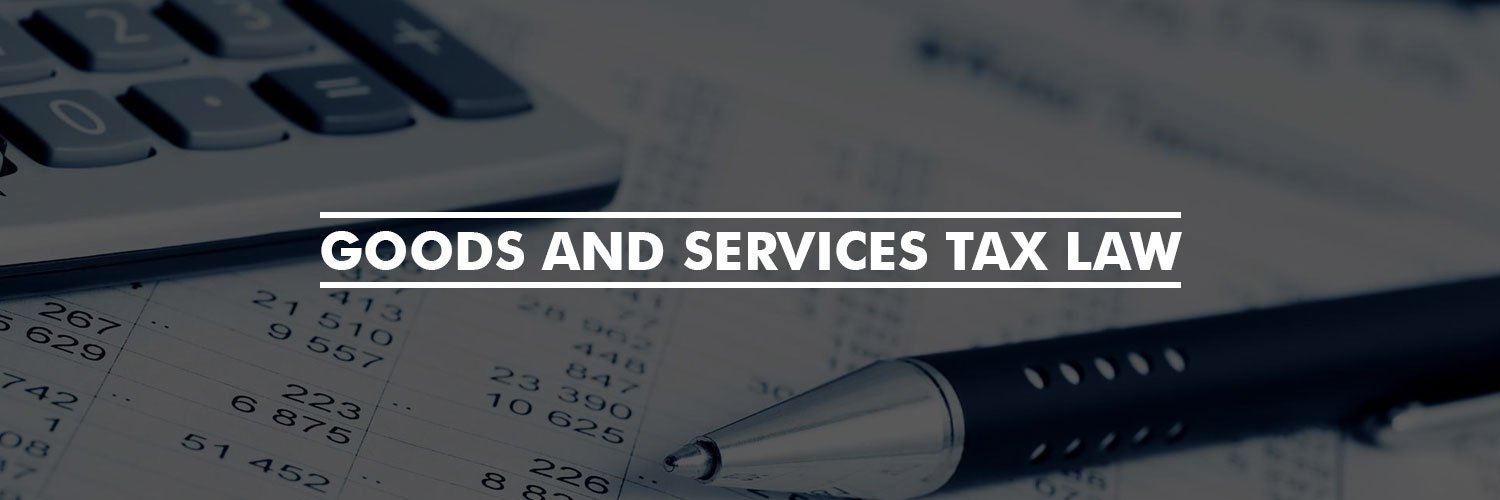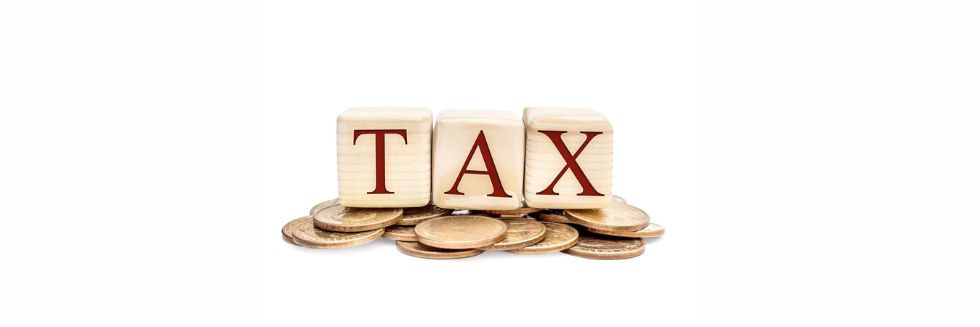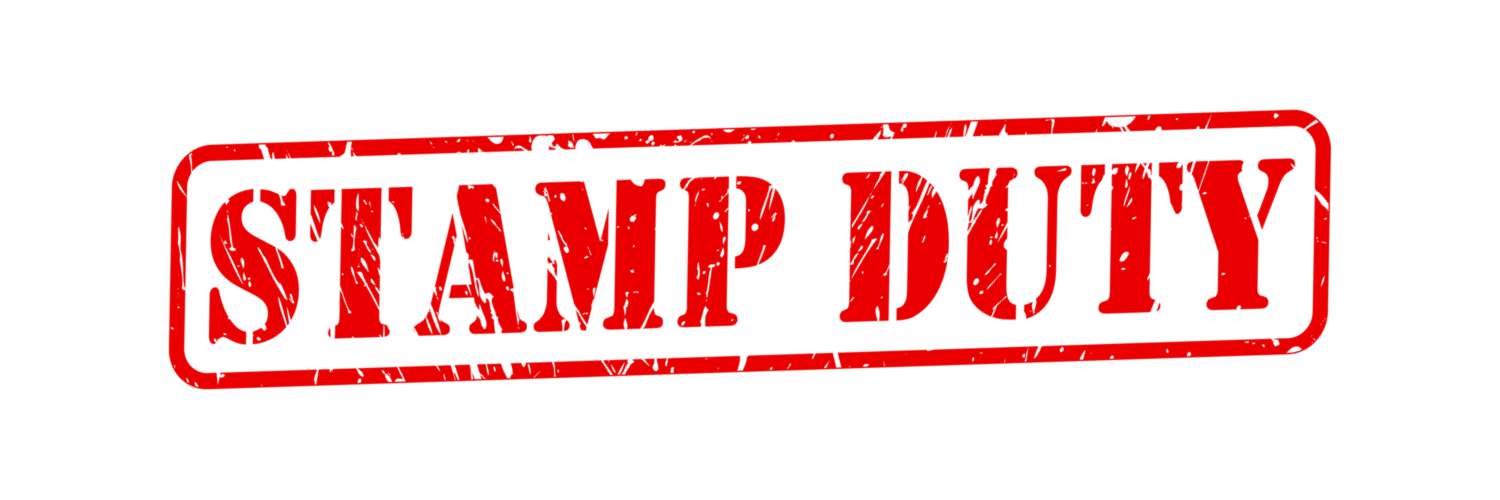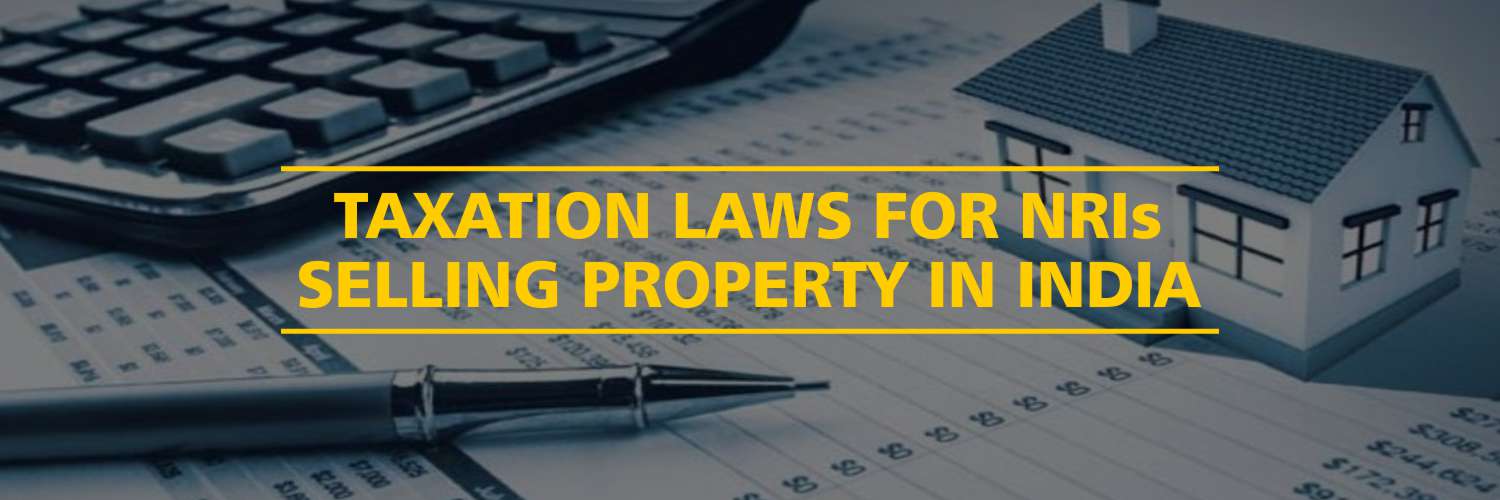We all hear a lot that you have to pay for all your sins. But do you know that government actually makes you pay for things which are considered harmful for the society? Have you ever wondered why cigarettes and alcohol are so expensive? Though the production cost of these products is cheaper, you are paying a higher price for the product.
This is because of the sin tax.
What Is Sin Tax?
Sin tax is the tax imposed on goods and services which are considered harmful for society. These are the goods which receive excise tax due to their ability or perception to be socially detrimental and injurious to health. The products include tobacco, cigarettes, alcohol, gambling ventures, caffeine, candies, fast food, pornography, etc.
Sin tax is levied to make such products and services expensive to decrease the demand. Failing to do so, the aim remains at increasing and finding new sources of revenue.
Why Sin Tax Is Imposed?
Sin tax is the tax levied on items which are considered morally hazardous and undesirable. The items which affect the health system of a person and the whole society fall under this category. Because these sinful goods lead to the health problems like cancer, obesity and others. These are the taxes which are favoured by the government as they generate enormous revenues. A major part of the population also considers it good because it affects the people who use sin-taxed products and engage in sin-taxed behaviours.
Reportedly, when the government runs a deficit, sin tax is generally one of the first taxes recommended by lawmakers to help fill the budget gap.
It is a kind of Pigovian tax, which the government levies on the companies which create negative externalities with their business practices. These sin goods and services increase the burden on society as alcohol and tobacco products increase health care costs driving up the cost of insurance for everyone. It aims at creating an incentive to reduce negative externalities.
2 Major Reasons To Levy Sin Tax
Sin tax is levied with two major objectives which include
- To make the undesirable goods so expensive that rational consumers would be forced to give up the habit
- Make companies producing these products pay higher taxes, which can be used to fund other welfare programs
Claimed Advantages Of Sin Tax
- As per the people who stand in support of the sin tax, this tax discourages immoral and unhealthy behaviour. Ultimately, it will reduce the decline in health issues that are caused by the consumption of such goods.
- Sin tax will help in covering the cost that is imposed by the consumption of such harmful goods.
- This is considered a viable option of tax as it can be explained with a positive connotation in a way that the society views it as beneficial from the social and moral perspectives.
- It increases the financial burden on the society forcing others to pay for their treatment and healthcare, especially in the countries where healthcare is government funded.
Claimed Disadvantages Of Sin Tax
- Imposing sin tax on such harmful products may lead to illegal activities like illegal manufacture, smuggling and/or outright theft of the taxed products, for personal use as well as to sell in the black market.”
- As per the opponents, these taxes are regressive in nature as they discriminate against the poorer by imposing a bigger financial burden on them.
It is said that these funds don’t go to the promised programs. - People who oppose these taxes opine that these taxes fails to discourage consumption behaviour in the way these are expected to.
- It is also claimed that the government may become reliant on these funds and promote sinful behaviours to generate revenues.
Examples Of Sin Goods
- Alcohol
- Cigarette and tobacco products
- Other drugs
- Candies
- Soft drinks
- Fast food
- Sugar
- Pornography
- Lotteries
- Tanning salons
- Fuel, heavy trucks
- Highway tractor
- Tires
- Gambling
- Boat motors
- Firearms
- Fishing gear
- Foreign insurance
- Gasoline
- Jet fuel
- Wagers
- Tickets for air travel
- Tickets for cruises
Sin Tax In India
Indian government levies high tax on sugar-carbonated beverages. Under the current tax regime, the sin goods which attract additional cess include tobacco products, aerated drinks and pan masala. Tobacco products fall in the highest GST slab of 28%. However, tobacco leaves are taxed at 5%. Fruit-based frizzy drinks attract 12 percent cess over the luxury tax slab of 28 percent.
Business Standard reported, “There is a cess of 65% on unmanufactured tobacco bearing a brand name while it is 160% for scented zarda. Pan masala containing gutkha is subject to a cess of 204%. The current cess on cigarettes is 5% plus up to Rs 4,170 per 1,000 sticks. The total tax burden as a percentage of the final tax-inclusive retail price is about 52.7% for cigarettes, 22% for bidis and 63.8% for smokeless tobacco.”
Conclusion
So, this is all about sin tax, its advantages and disadvantages and its objectives.
This article is written by Varsha. You can reach out to the author via email at bnbvarsha@gmail.com.
